ASIO ‘told go to soft on China to restore relationship’: James Patterson
Liberal senator James Patterson says he believes ASIO was told to ease up on Chinese spies in the interest of fixing Australia’s relationship with Beijing.
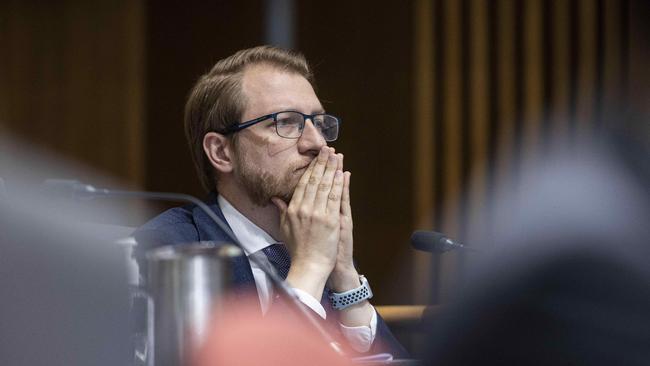
Liberal senator James Patterson says he believes ASIO was told to go soft on Chinese spies in the interest of restoring Australia’s bilateral and economic and trade relationship with the country.
The comments come as ASIO director-general Mike Burgess called out figures in business, universities and government for advising him to “ease up” operations.
“Individuals in business, academia and the bureaucracy have told me ASIO should ease up its operational responses to avoid upsetting foreign regimes,” Mr Burgess said in his annual threat assessment speech on Tuesday.
Senator Patterson said the speech unveiled a “significant disclosure” and suggested leniency was advised toward Chinese spies.
“I thought his comment that he had come under pressure from business figures, those in universities, and even in the government to back down on taking up the fight against these spies was an enormously significant disclosure,” Senator Patterson told Sky News.
“No one is saying to him go soft on Russian spies, no one is saying to him go soft on North Korean Spies, no one is saying to him go soft on Iranian spies,”
“Clearly what these people would have been saying is go soft on spies from China because they’re worried about the bilateral relationship and particularly the economic and trade relationship.”
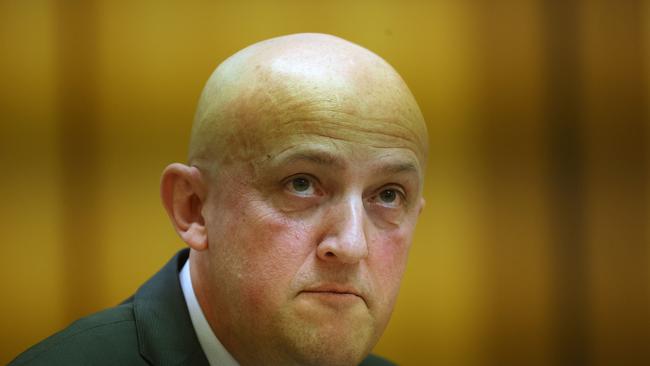
The Victorian Senator said the influence was “utterly unacceptable” and that the spy chief was right to stand up to pressures, but believed ministers were not involved.
He said there are groups in the community that have sought to undermine bipartisan consensus on the Foreign Influence Transparency Scheme, the Espionage and Foreign Interference Scheme and the Foreign Arrangements Act.
“Our democracy and sovereignty is never for sale, it is not negotiable and we should never tolerate a little bit of foreign interference and a little bit of spying from China in an aim of restoring a bilateral relationship,”
The advice to soften on operations has come at no worse time, with ASIO locked in “hand-to-hand combat” with more spies and hostile foreign intelligence services than “at any time in Australia history”, according to the spy boss.
ASIO’s workload has topped what was experienced during the Cold War, post-9/11 and at the height of the Islamic State with emerging threats to judicial figures, journalists, veterans, defence contractors, diaspora community leaders, public officials and politicians, who were being targeted by spies and “lackeys”.


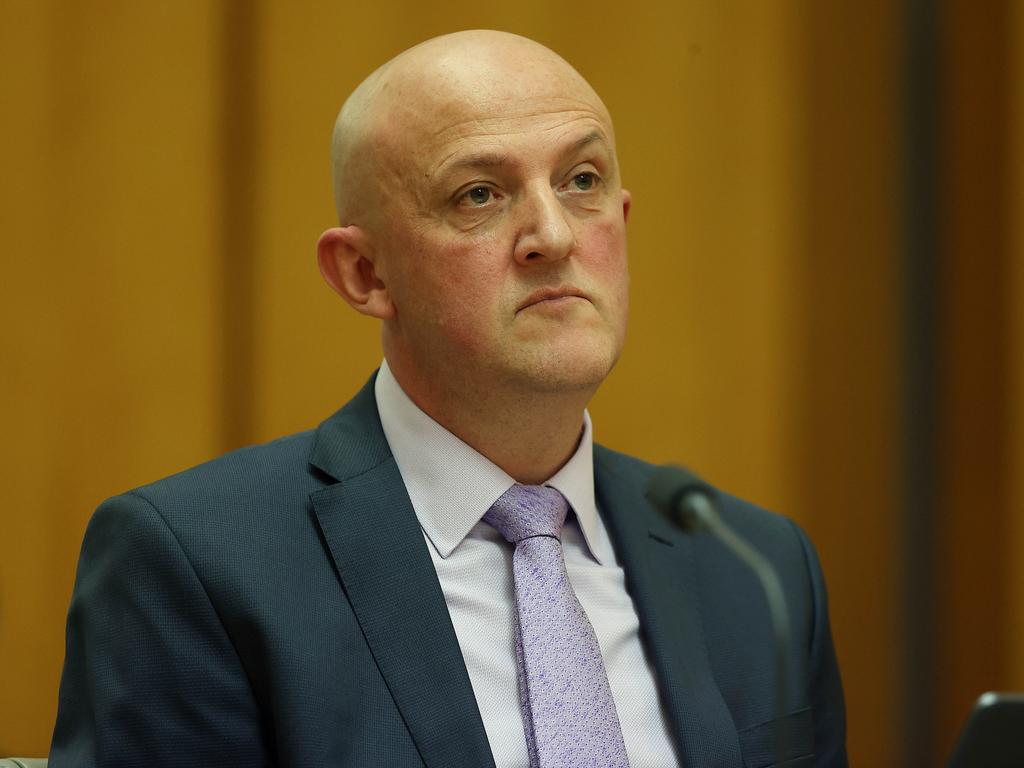
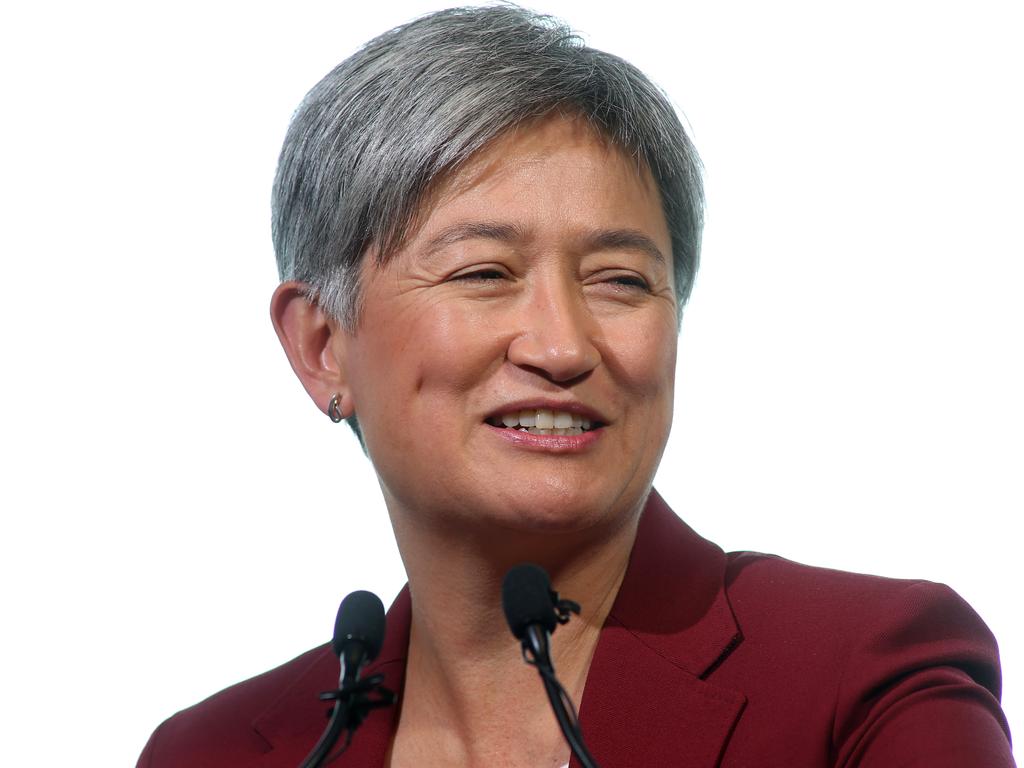

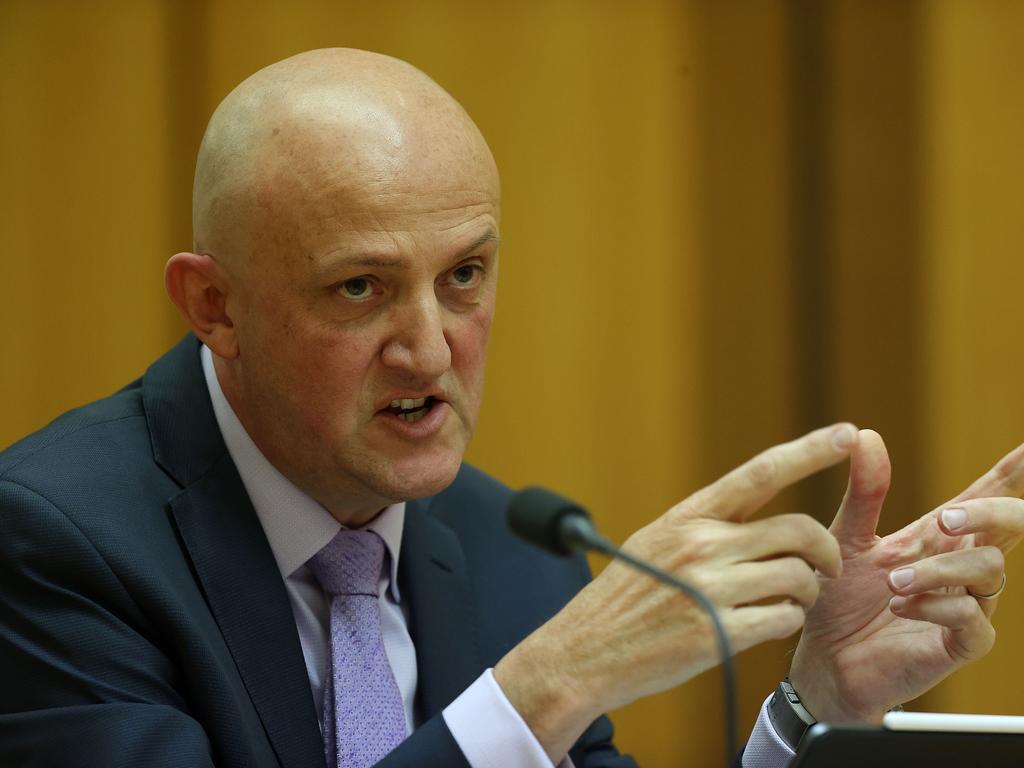


To join the conversation, please log in. Don't have an account? Register
Join the conversation, you are commenting as Logout